As the EU is preparing for the hugely important June elections, questions arise about the resilience of the media landscape and the way foreign hostile actors might weaponize journalists and information channels.
One case in point is the link between Hungarian Prime Minister Viktor Orbán and the pan-European TV channel Euronews. In December 2021, Euronews was acquired by the Portuguese venture capital firm Alpac Capital.
Viktor Orbán has close ties to Mario David, a former member of the European Parliament and father of Alpac's chief executive – Pedro Vargas David. The Portuguese investment firm has an office in Budapest and has received capital from big Hungarian corporations. Hungary's Foreign Minister Péter Szijjártó helped promote the launch of an Alpac fund aimed at regional investments in 2017.
"True friends"
According to Politico, Pedro Vargas David's father, Mario David, became friends with Orbán in the early 1990s and served as his adviser. In the 2010s, David served as a vocal defender of Hungary's Fidesz within the center-right European People's Party.
In April 2016, Orbán called Mario David a "true friend" when he awarded him the Middle Cross of the Hungarian Order of Merit in Lisbon. The Portuguese politician received the award for "supporting Hungarian interests," according to Radio Free Europe. Mario David has traveled abroad alongside the Hungarian leader. For example, in 2018, he accompanied Orbán to Austria, and in 2019, he was part of the official Hungarian delegation during the Hungarian leader's visit to Cape Verde. When Portuguese Prime Minister Antonio Costa visited Budapest in summer 2020, Mario David attended the meeting as part of the Hungarian delegation, Portugal's online publication Observador reported.
In a 2018 interview with Portugal's Expresso, the ex-MEP said his work for the Hungarian leader was "pro bono." According to a list on the Hungarian prime minister's office website, Mario David had a contract until the end of 2021.
Alpac's Hungary connection
The CEO of Alpac Capital, Pedro Vargas David, has many ties to Hungary and, according to a profile in the Hungarian-based Index magazine, lived in Budapest in 2019.
Alpac Capital has an office in Budapest and has received funding in the past from EXIM (Hungary's official export credit agency), Hungarian energy company MOL, and Hungary's OTP Bank.
All three Hungarian companies said to Radio Free Europe they were not involved in the Euronews investment. They have, however, provided funding for Alpac's 'East West' venture capital fund, which, according to the company's website, "invests in Hungarian, Portuguese and neighboring countries' SMEs with scale-up potential." Hungarian Foreign Minister Péter Szijjártó attended, alongside Alpac CEO, a 2017 event announcing the investments.
Alpac Capital has also collaborated with 4iG, a Hungarian communications giant. The firm is closely associated with the ruling Fidesz party: it has won numerous state contracts in the IT sector, and its owner and CEO, Gellért Jászai, is considered well-connected to Orbán. Also, Orbán's close childhood friend Lorinc Mészáros used to own a stake. Alpac's David is a member of the 4iG board, holding a 5.25 percent stake. "Our collaboration with Alpac Capital is critical to 4iG's growth strategy," Gellért Jászai, who has previously worked for other Mészáros holdings, told Politico.
"European CNN"
Euronews was founded in 1990 with the aim of becoming the "European CNN" and was initially in the hands of a consortium of European public broadcasters. For years, the European Commission, the executive branch of the European Union, has subsidized Euronews with significant sums of money.
In 2015, the Egyptian tycoon Naguib Sawiris acquired a majority stake in Euronews through the Luxembourg-based Media Globe Networks. In 2021, Alpac Capital became the main owner of the news channel.
According to its official website, Euronews SA now has four shareholders: Alpac Capital (97,6%), ADMIC (Abu Dhabi), SNRT (Morocco) and PBS (Malta). The "global newsroom" includes around 400 journalists from 30 different countries. The network covers European and world news in 12 languages - Arabic, English, French, German, Greek, Hungarian, Italian, Persian, Portuguese, Russian, Spanish and Turkish, with bureaus in Brussels, Athens and Budapest. Also, Euronews has affiliate channels in Georgia, Albania, Serbia and Romania.
When Alpac acquired Sawiris's stake, Euronews said there was no risk to its editorial independence. Still, three people handpicked by Alpac were immediately included in the channel's editorial board.
Orbán's tight grip on media
Viktor Orbán, who has been Prime Minister of Hungary since 2010, holds a tight grip on a political system that suffocated the freedom of the media. Under Orbán, Hungary has been reprimanded by the EU Parliament, EU Commission, and rights groups for having a poor record on media freedom while being accused of influencing media regulators, targeting media and journalists who have reported critically on his government, and providing state funds for the pro-government press.
In 2010, when Orbán returned to the post of prime minister for the second time (he previously held the office from 1998 to 2002), Hungary was ranked 23rd on Reporters Without Borders' press-freedom list. By 2023, it had slipped to 72nd place.
The Central European Press and Media Foundation (KESMA), a pro-Orbán entity, controls about 500 media organizations. While inside Hungary, the ruling Fidesz party indirectly controls large swaths of the media landscape, over the past few years, businesspeople and NGOs linked to Hungary's political elite have begun investing in media outside the country's borders – in Slovenia, North Macedonia, or Romania.
At the same time, Orbán plays the Russian card in the EU Council by keeping his country dependent on Russian energy resources while blocking some of the sanctions against Moscow and the financial help to Ukraine.

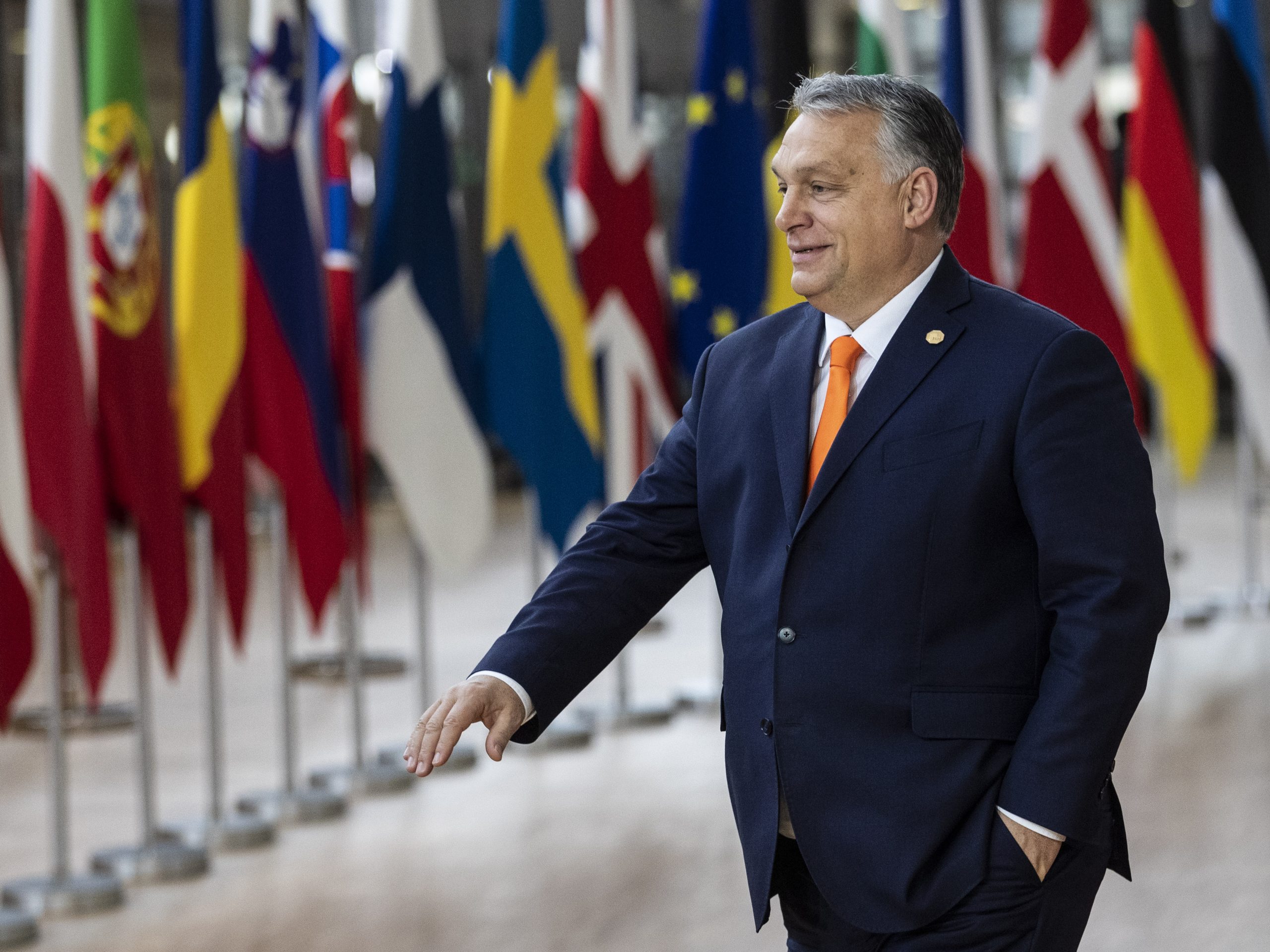
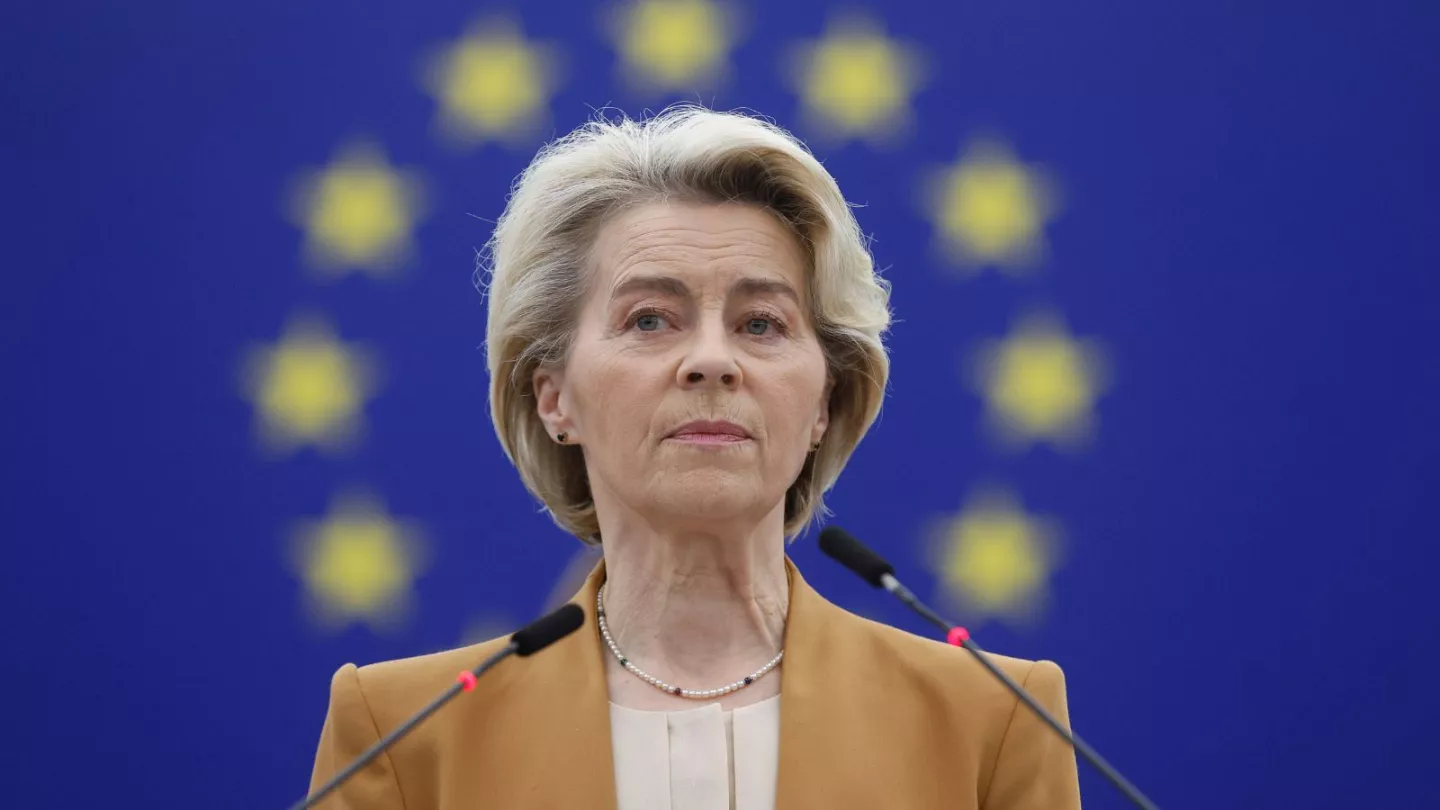
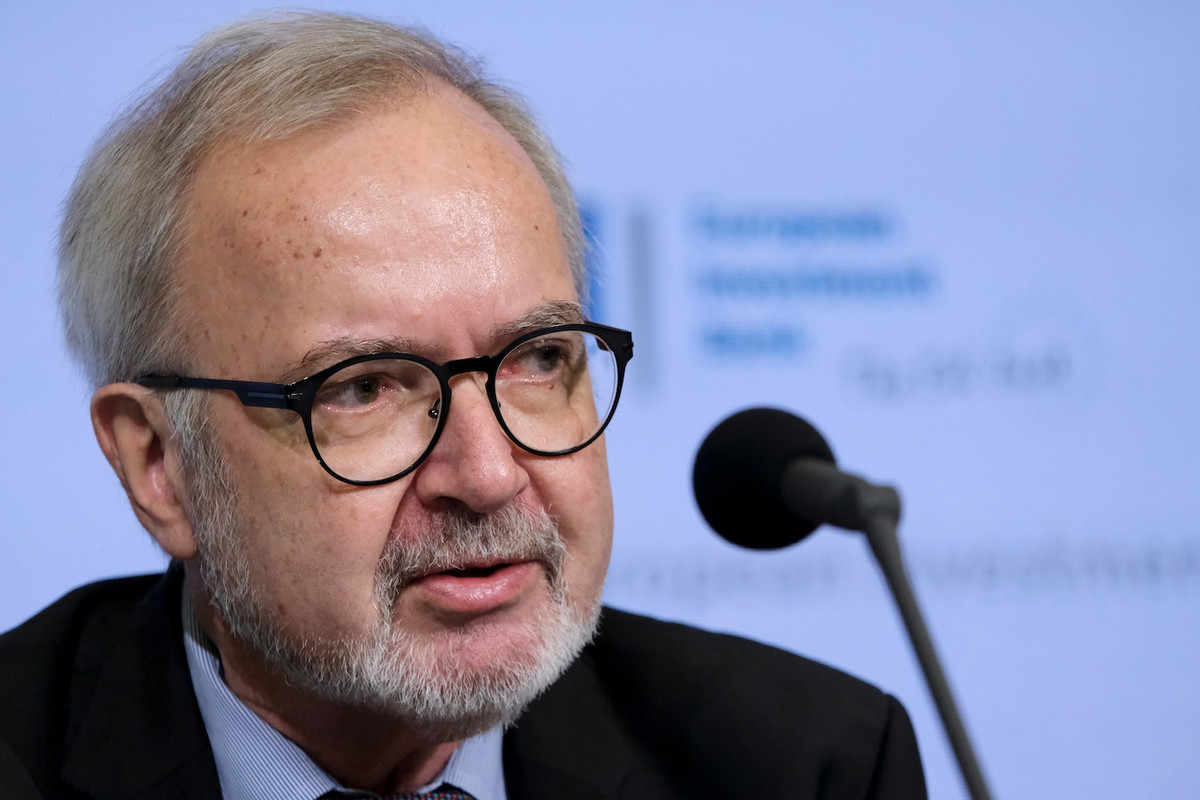

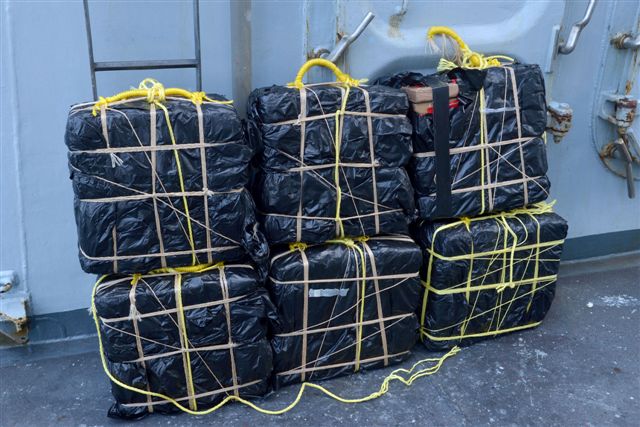
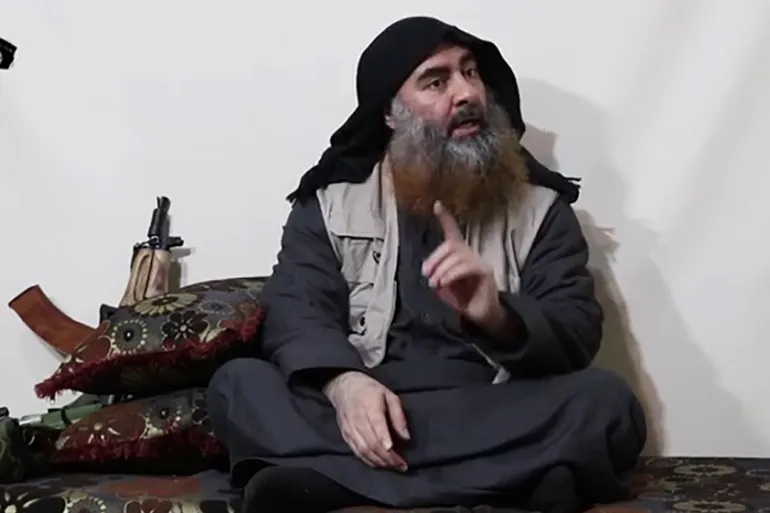

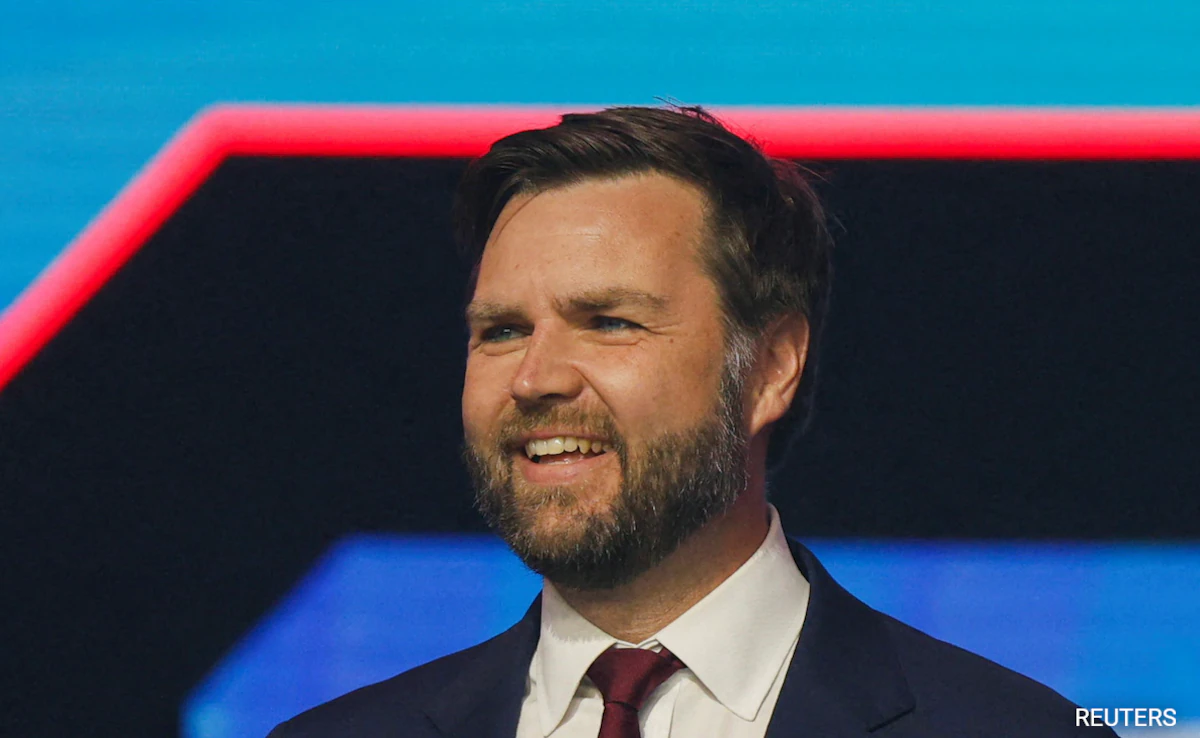

Trackbacks and Pingbacks